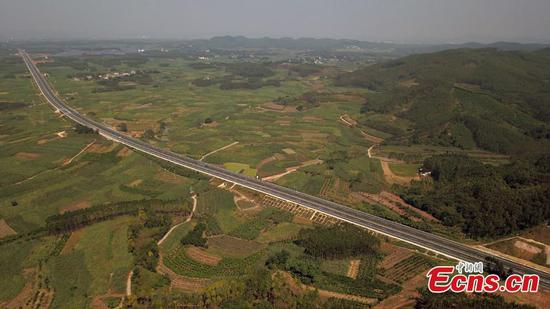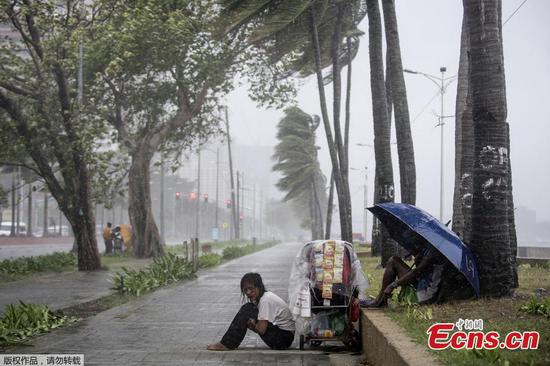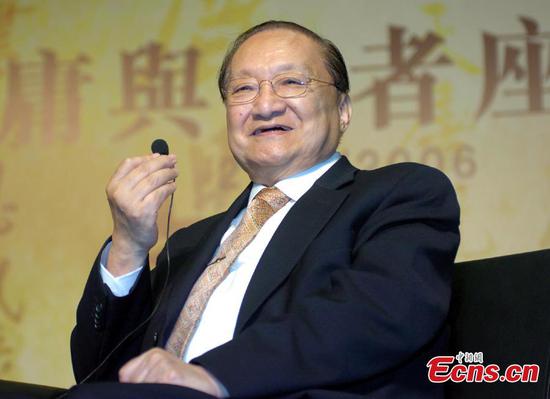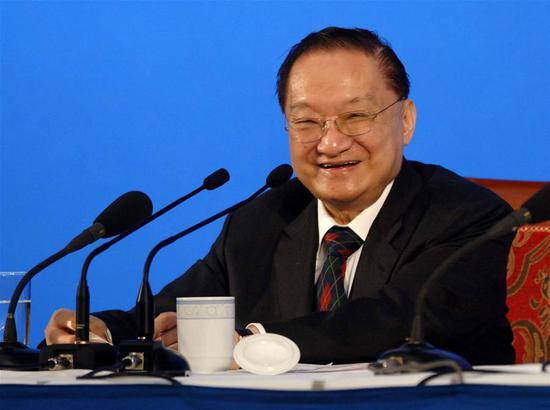
University graduates attend a job fair at Xi'an University of Posts and Telecommunications in Xi'an, Shaanxi province, on Oct. 12. (YUAN JINGZHI/FOR CHINA DAILY)
China's job market grew steadily during the first three quarters of the year, as the country's registered unemployment rate fell to 3.82 percent in September, the lowest since 2002, China's top human resources authority said on Wednesday.
Lu Aihong, spokesman for the Ministry of Human Resources and Social Security, said 11 million new urban jobs were created from January to September, 100,000 more than the same period a year ago.
"That number met the year's annual employment target three months early," he said, adding that core employment indicators behaved well.
The registered unemployment rate dropped to 3.82 percent in September from 3.83 percent in June. In addition, the balance of supply and demand for jobs was appropriate, showing that the country's employment situation has developed smoothly and steadily, he said.
"Based on our monitoring of 100 cities' jobs markets, the ratio of jobs to job seekers was 1.25-to-1 in the third quarter, higher than the same period last year, indicating the number of jobs was greater than the number of job hunters," he said.
He attributed the robust job creation to booming new economic drivers, which contributed to two-thirds of the new jobs.
Zheng Dongliang, director of the Work Science Research Institute, a branch of the ministry, said the new economic growth mainly resulted from emerging industries, including internet and telecommunications.
Data from the National Bureau of Statistics showed China's GDP grew by 6.7 percent from January to September.
"Our economy grew smoothly and its structure and quality also improved continuously, which effectively promoted employment," Lu said.
"More than 5 million new companies were registered in the first three quarters, more than 18,000 a day, showing that startup businesses offered strong and obvious support for stable employment," he said.
The ministry also contributed to the employment of the impoverished labor force by creating policies to encourage startup businesses and providing public service jobs such as cleaners and road maintenance workers. Vocational education was also emphasized to promote employment.
In September, the ministry launched an action plan designed to make registered impoverished workers and middle school dropouts eligible for vocational training by the end of 2020.
"The government strongly promoted vocational education for workers, especially those in impoverished areas, which can help them adapt to society's pattern of development, find jobs and make money," said Feng Xiliang, director of the School of Labor and Economics at Capital University of Economics and Business.


















































